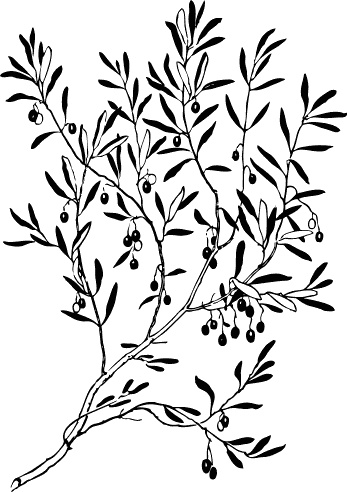I recently had an occasion to forgive and forget. It’s always tougher than it sounds. It got me thinking about an age-old symbol for peace and what it can teach us about loving our neighbor as ourselves.
 The olive branch has meant peace as far back as ancient Rome and Greece times. Because of its earliest uses, today we commonly think of extending the olive branch as a way of calling a truce between two warring parties.
The olive branch has meant peace as far back as ancient Rome and Greece times. Because of its earliest uses, today we commonly think of extending the olive branch as a way of calling a truce between two warring parties.
If you’ve ever seen an olive branch, it’s not very strong. It’s actually quite delicate. It’s light enough to be carried by a dove as it’s often depicted in the Bible.
It’s interesting that something so fragile carries the weight of humanity’s most powerful gift: forgiveness.
To forgive someone is an essential element of peace. How can you be at peace with someone against whom you hold a grudge? Forgiveness is also part of the golden rule. We all long to be forgiven when we’ve messed up. We all want a fresh start. It only makes sense to give the thing we want the most away to other people.
So, the next time you can forgive someone (and trust me, there’s always an opportunity), think about the olive branch. Imagine in it in your hand and see yourself giving it to the person. How do they respond? What you hope is that they accept it graciously and you two can form a brand new relationship not based on the past.
Sometimes your olive branch will be ignored or worst yet rejected. You can’t force it on any one. It’s not a symbol of peace if you throw it at the person. Just lay it down. When he or she is ready, they know where it is and they know where to find you.
You don’t always have to wait until the person says he’s sorry. I’m a big fan of the do-over. I’ll go to the person and ask, “Hey, we got off on the wrong foot back there. Can we start over?” I can’t say it always restores the relationship, but it’s always worth a try.
Who needs your forgiveness? Make peace today. The olive branch may seem weak, but when offered in sincerity, it holds incredible strength.

